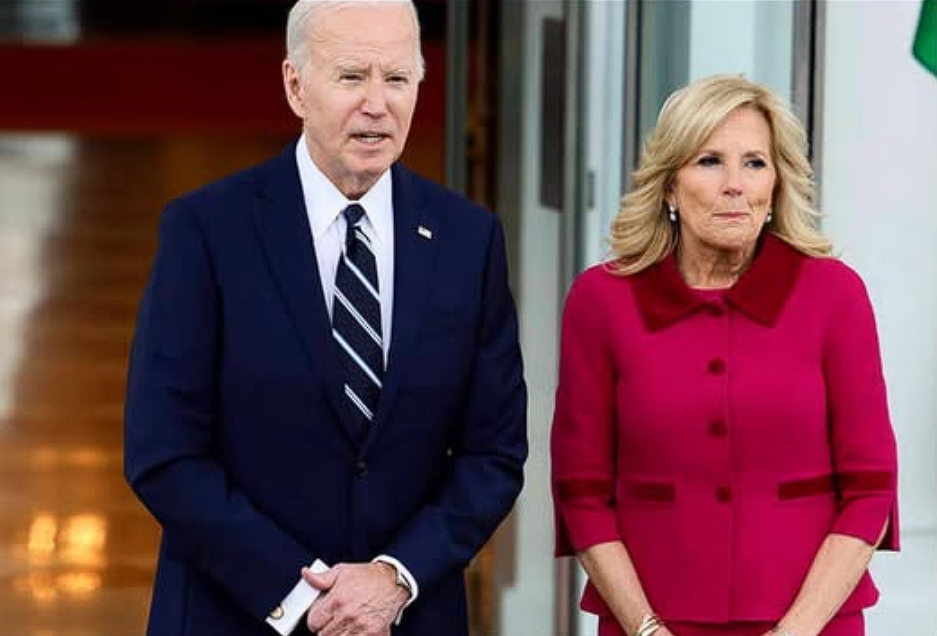The discussion surrounding former President Joe Biden’s public image and legacy has gained momentum, thanks in part to seasoned Democratic strategist James Carville. Carville’s remarks on the “Politics War Room” podcast highlighted his concerns about Biden’s dwindling political influence.
Carville suggested that Biden might benefit from taking a step back and reassessing his approach. He proposed that Biden’s actions have led to a decline in interest in his views and leadership. This perspective raises questions about the impact of Biden’s decisions on his own legacy.
According to Carville, Biden has become disconnected from the general public and key figures within his own party. This estrangement, Carville argued, is a result of Biden’s own choices rather than external factors. He criticized Biden’s claims about his potential electoral success, labeling them unrealistic and out of touch with the current political climate.

Carville also pointed to Biden’s public clashes with notable figures and commentators, which he believes have eroded his credibility. He suggested that Biden’s once-respected career has been tarnished by his recent actions, which no longer resonate with the American public.
The Democratic Party’s Evolving Identity
Carville’s comments tap into a broader narrative about the Democratic Party’s shifting identity. The party has faced internal tensions regarding its trajectory, particularly its embrace of progressive policies. Carville, a vocal critic of these changes, implies that Biden’s mistakes have exacerbated existing rifts.
As the party looks to introduce new leadership and ideas, many believe that clinging to past figures may hinder its ability to connect with an evolving voter demographic. There is a growing sentiment that the Democratic Party needs to reinvent itself to remain relevant and connected to the people it serves.
A Question of Legacy
Despite criticisms, some supporters argue that Biden’s past achievements should not be overshadowed by recent controversies. They believe his long history of public service and leadership still holds significant merit in defining his legacy.
However, Carville’s observations raise a crucial question: Is it time for Biden to step aside and allow new voices to take the lead? This question becomes increasingly pertinent as the party seeks to align itself with a rapidly changing political and social environment.
The discussion surrounding Biden’s role reflects broader concerns about the state of political leadership in America. As society evolves, political parties must consider how best to represent the diverse and dynamic electorate of today.
The party now faces a critical juncture. The choices made in the coming years will determine not only its immediate political success but also its long-term influence and legacy.
Ultimately, the debate about Biden’s legacy invites a broader discourse about leadership, accountability, and vision within American politics. This conversation affects not only those within the Democratic Party but all American citizens invested in the future of their country.


